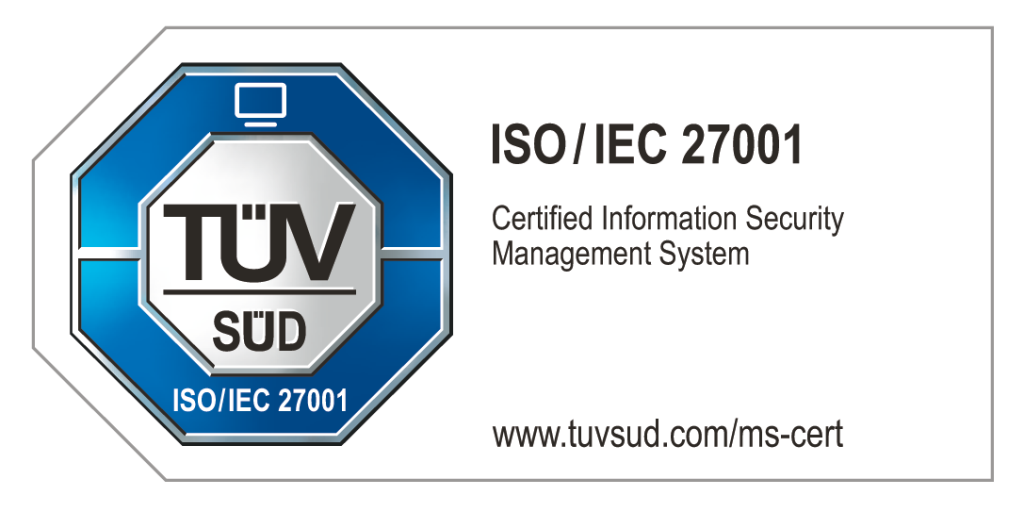In an era where data breaches and cybersecurity threats are escalating, ensuring compliance with industry standards has become a paramount concern for businesses, particularly in sectors like healthcare and finance. The private cloud offers a robust solution to these challenges, providing enhanced control, security, and compliance capabilities. This article explores how private clouds can help businesses meet regulatory requirements, focusing on industry-specific compliance challenges and solutions.
The Necessity of Compliance in Stringent Sectors
Compliance is critical in industries like healthcare and finance, where the handling of sensitive data is subject to rigorous regulations. For instance, the healthcare sector must comply with the Health Insurance Portability and Accountability Act (HIPAA), which mandates stringent data protection and privacy standards. Similarly, the financial sector is governed by regulations like the General Data Protection Regulation (GDPR) and the Payment Card Industry Data Security Standard (PCI DSS).
Failure to comply with these regulations can result in severe penalties, legal repercussions, and damage to an organization’s reputation. Consequently, businesses in these sectors must prioritize compliance within their cloud strategies, and the private cloud emerges as a favorable option.
Private Cloud: A Compliance-Ready Solution
Private clouds provide a dedicated environment exclusively for one organization, offering enhanced security and control over data and applications. This isolation ensures that businesses can implement stringent security measures tailored to their specific regulatory requirements.
- Enhanced Data Security and Privacy: Private clouds allow businesses to enforce robust security policies and controls, such as encryption, multi-factor authentication, and access controls. These measures ensure that sensitive data is protected both in transit and at rest, meeting the strict security requirements of regulations like HIPAA and PCI DSS.
- Customizable Compliance Frameworks: Unlike public clouds, private clouds offer the flexibility to customize compliance frameworks according to industry-specific needs. Organizations can configure their private cloud environments to align with regulatory standards, conduct regular audits, and maintain comprehensive logs to demonstrate compliance.
- Dedicated Compliance Support: Many private cloud providers offer dedicated compliance support services, assisting businesses in navigating complex regulatory landscapes. These services include compliance assessments, gap analysis, and continuous monitoring, ensuring that organizations remain compliant with evolving regulations.
Scenarios Where Security and Compliance Are Non-Negotiable
- Healthcare Providers Handling Patient Data: In the healthcare sector, protecting patient data is not just about compliance but also about maintaining trust and ensuring patient safety. Any breach of data can lead to significant legal and financial repercussions. A private cloud environment ensures that sensitive patient information is stored securely and accessible only to authorized personnel. For example, a leading healthcare provider can leverage robust encryption and access control measures within a private cloud to comply with HIPAA requirements, ensuring data privacy and security.
- Financial Institutions Managing Sensitive Transactions: Financial institutions are prime targets for cyberattacks due to the sensitive nature of their transactions and data. Ensuring compliance with regulations like GDPR and PCI DSS is critical to safeguard customer information and maintain regulatory approval. A private cloud solution allows financial institutions to implement stringent data protection policies, including end-to-end encryption and regular security audits. This high level of control over data and security measures is essential to meet regulatory standards and protect against data breaches.
- Government Agencies Handling Classified Information: Government agencies often deal with classified and sensitive information that requires the highest levels of security. Compliance with regulations such as the Federal Risk and Authorization Management Program (FedRAMP) is crucial for these agencies. A private cloud provides the necessary isolation and control to secure classified data, ensuring that it remains protected from unauthorized access and cyber threats.
- Enterprises with Intellectual Property Concerns: For businesses that rely on intellectual property (IP) for competitive advantage, protecting this information is crucial. Non-compliance with data protection regulations can lead to IP theft and significant financial losses. Private clouds offer a secure environment to store and manage IP, allowing businesses to implement advanced security measures tailored to their specific needs. This ensures that sensitive information remains secure and compliant with industry standards.
Exploring Zero Trust Networks and Cloud-Native Solutions
To further enhance compliance and security, businesses can explore the principles of Zero Trust Networks and cloud-native solutions. Zero Trust Networks operate on the premise that no entity, whether inside or outside the network, should be trusted by default. (Read more our Guide to Zero Trust Security Model) This approach enhances security by continuously verifying every access request, reducing the risk of data breaches.
Cloud-native solutions, designed to fully leverage cloud environments, offer scalability, flexibility, and resilience. These solutions enable businesses to develop, deploy, and manage applications more efficiently while maintaining stringent compliance standards. For more insights, read our articles on Zero Trust Networks and Cloud-Native Solutions.
Navigating regulatory compliance in industries like healthcare and finance requires a strategic approach to cloud adoption. The private cloud stands out as a robust solution, offering enhanced security, control, and customization capabilities. By leveraging private cloud solutions, businesses can ensure compliance with industry standards, mitigate risks, and safeguard their reputation.
For more insights on cloud security and compliance, explore Accenture’s cloud security case studies and learn about their hybrid cloud services. Ensuring compliance in the cloud is not just a regulatory requirement but a strategic advantage in today’s digital landscape.

